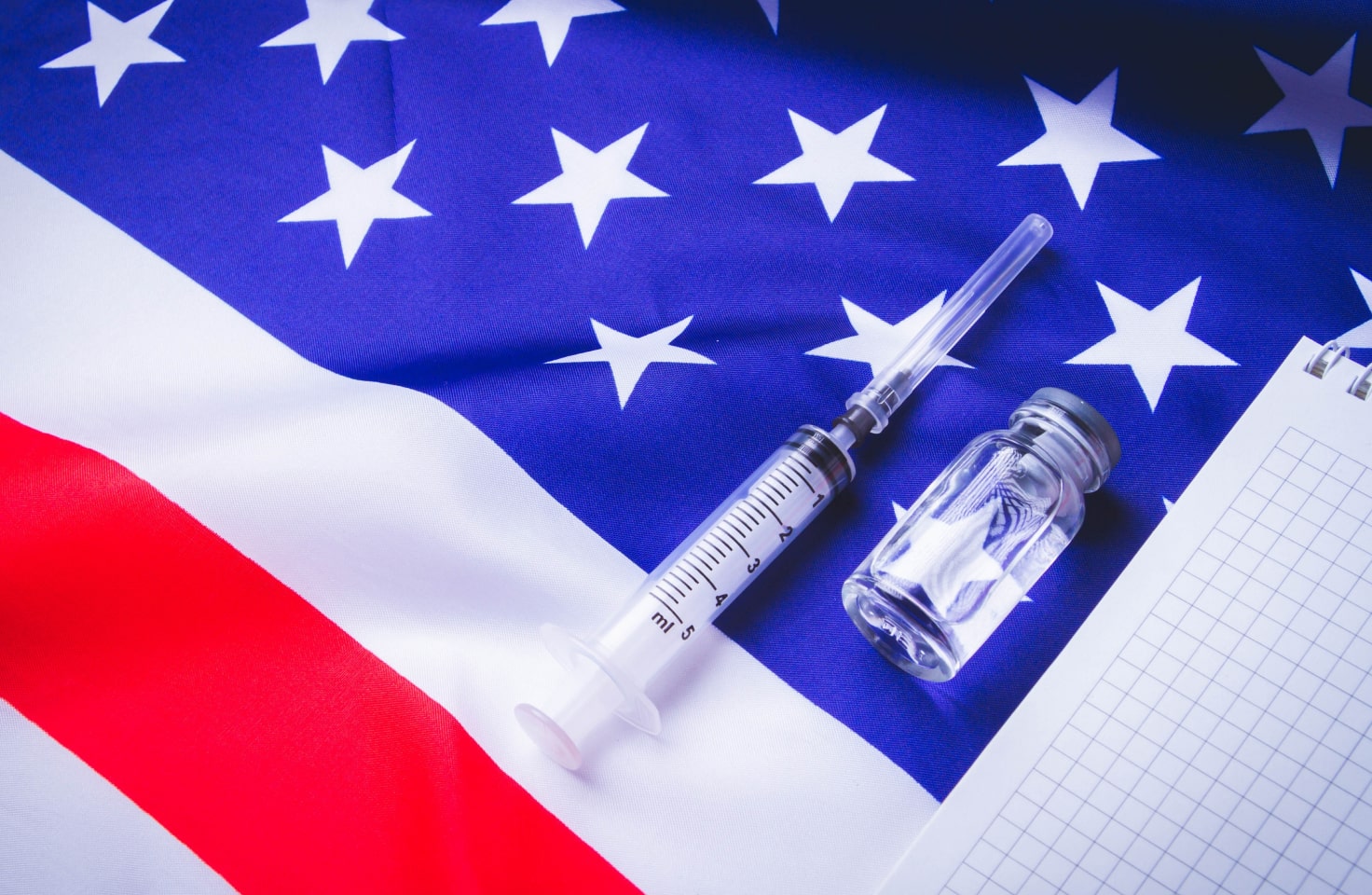T1D Guide
T1D Strong News
Personal Stories
Resources
T1D Misdiagnosis
T1D Early Detection
Research/Clinical Trials
Diamyd Medical has a Clinical Trial for Newly Diagnosed T1Ds
Imagine, as a person with type 1 diabetes, a simple injection that could protect the insulin-producing cells in your pancreas from an immune system attack. Diamyd Medical has invented a drug that does just that.

Editor’s Note: T1DStrong acknowledges that freelance writer Ginger Viera is a paid consultant for Diamyd Medical, which manufactures drugs related to the topic of this article. Diamyd did not pay her to produce this article, nor was it produced as part of any partnership, and the company had no input into its creation.
If you’ve recently been diagnosed with type 1 diabetes (T1D), Diamyd Medical is offering a clinical trial for newly diagnosed patients. Diamyd’s investigational therapy shows potential in protecting the pancreas’ insulin-producing beta cells from an immune system attack.
This groundbreaking therapy is currently in Phase III clinical trials in the United States and several areas of Europe. The study can potentially change the quality of life for people with T1D.
Understanding the Early Stages of T1D Before Diagnosis
Okay, so you know T1D is an autoimmune condition where the body’s immune system mistakenly attacks and destroys insulin-producing beta cells in the pancreas. However, the earlier development of T1D actually happens in stages, sometimes years before your blood glucose level even starts to rise.
The onset of T1D can be rapid and is often triggered by factors such as illness, stress, or even significant life events.
Decades of research have identified three distinct stages of T1D:
- Stage 1: Individuals test positive for two or more autoantibodies, but blood sugar levels remain normal.
- Stage 2: In stage 2, patients test positive for two more autoantibodies with slightly abnormal blood sugar levels but without classic symptoms.
- Stage 3: In the last stage, T1Ds show clear symptoms of diabetes that require daily insulin intake.
Catching T1D in stages 1 or 2 can only be done through autoantibody screening, which is a simple blood test. (Visit TrialNet.org to learn more about screening. Accordingly, I screened my children several times before they were six years old.)
The Breakthrough of Diamyd Medical’s Therapy
Diamyd Medical is pioneering a therapy that aims to halt the immune system’s attack on the pancreas. Their approach centers around a molecule known as GAD — which plays a crucial role in your body’s insulin production. In T1D, your immune system attacks the GAD65 antibodies.
Diamyd’s therapy works by informing the immune system to recognize GAD as a friend rather than a foe — protecting the cells that produce insulin.

How does it work?
- Three simple injections: The therapy involves administering Diamyd’s therapy, GAD-65, through a lymph node, a method that is well-tolerated and comparable to a standard blood draw.
- Immune Modulation: Unlike traditional immune suppressants, which dampen the immune system, GAD-65 is an “immune modulator.” This means it helps the immune system learn to stop attacking the insulin-producing cells.
The earlier phases of Diamyd’s clinical trial concluded that GAD-65 has no adverse side effects and is considered remarkably safe.
Who is Eligible to Participate?
Diamyd is currently recruiting participants for their Phase III trial, Diagnode-3, in both the United States and Europe.
Requirements for participants include:
- Individuals must be between 12 and 29 years old.
- Patients must be diagnosed with T1D within the last six months.
- T1Ds must be willing to receive three injections of GAD-65 over three months.

Participants will be monitored for approximately 22 months following the injections, during which blood tests will assess your body’s natural insulin production and C-peptide levels. (C-pepltide is a fancy test that reveals how much insulin you’re producing!)
Incidentally, Diamyd will pay for all travel expenses to ensure you can participate!
But here’s the tricky part: Diamyd is looking for participants with a specific gene to qualify because the therapy has the most effect on people with that gene!
Precision Medicine: 50% of People with T1D have this Gene
An exciting aspect of this therapy is its alignment with precision medicine. Precision medicine is all about finding the right patient at the right time for the exact right treatment. Precision medicine involves developing therapies based on a person’s genetic profile rather than giving everyone the same medicine.
Diamyd’s past research discovered that its GAD-65 therapy is particularly effective in people who carry the HLA DR3-DQ2 haplotype, a genetic marker found in about 40-50 percent of people with T1D.
Screening for this gene is a key step for potential participants, and Diamyd will perform a simple blood test to determine whether you carry it!

The Road Ahead
If you’re interested in participating in the trial or want to learn more, visit www.Diagnode-3.com or contact Diamyd at clinicaltrials@diamyd.com.
This cutting-edge research depends on participants. So, if you meet the requirements and want to be part of something groundbreaking—don’t delay!








.webp)
.jpg)
.jpeg)
.jpg)
.webp)
.jpg)
.jpg)
.jpg)



.jpg)
.jpg)

.jpg)




.jpg)
.jpg)
.jpg)

.jpg)


.jpg)

















.jpg)




.jpg)







.webp)












.webp)






















.webp)








.jpg)











.webp)